Highland maize production systems in Southeast Asia are crucial in that they generate considerable income for otherwise impoverished farmers in remote upland areas. However, they are largely unsustainable, involving destructive slash and burn agriculture, with increasingly short fallow times between crops. Additionally, and in response to historically favorable maize markets, many farmers now plan to expand maize cultivation areas, which is anticipated to have serious consequences for biodiversity loss and ecosystem services.
The arrival of fall armyworm adds additional pressures that could lead to intensification of management practices and over-use of insecticides; a partial transition away from maize as farmers respond to the pest by growing other crops and initiating new land use practices; and increased use of sustainable intensification practices that employ agroecological options for fall armyworm management.
Responding to fall armyworm (Spodoptera frugiperda J.E. Smith) with data, evidence and agroecological management options in Lao PDR is a research project funded through the CGIAR Research Program on Maize (MAIZE). It sees CIMMYT partner with the Laos Farmer Network (LFN) and the National Agriculture and Forestry Research Institute (NAFRI) to understand how smallholders in the country are responding to fall armyworm invasion and develop agroecological management options to control its spread.
Working with CIMMYT, LFN will train lead farmers to conduct surveys and collect data from farmers in their local areas. The network will also distribute a series of infographics and videos in local languages, developed by CIMMYT and translated with major support from HELVETAS Swiss Intercooperation and the Lao Farmer Rural Advisory Project, to outline appropriate pesticide use and sustainable farming practices to limit impact on harvests. An estimated 2,000 farmers will receive information on research results and fall armyworm management advice.
The results will offer evidence-based insights allowing LFN and the Lao Upland Rural Advisory Service (LURAS) project to plan future extension and development activities more effectively, while also identifying crucial additional research needs given these urgent issues and circumstances.
This research will yield actionable lessons and position LFN and the LURAS project to provide farmers with context-specific and agroecological fall armyworm management advice that responds to insights derived from farmer surveys that characterize pest incidence and severity, and relates them to farmers’ management practices, farm- and landscape-biodiversity, and location.
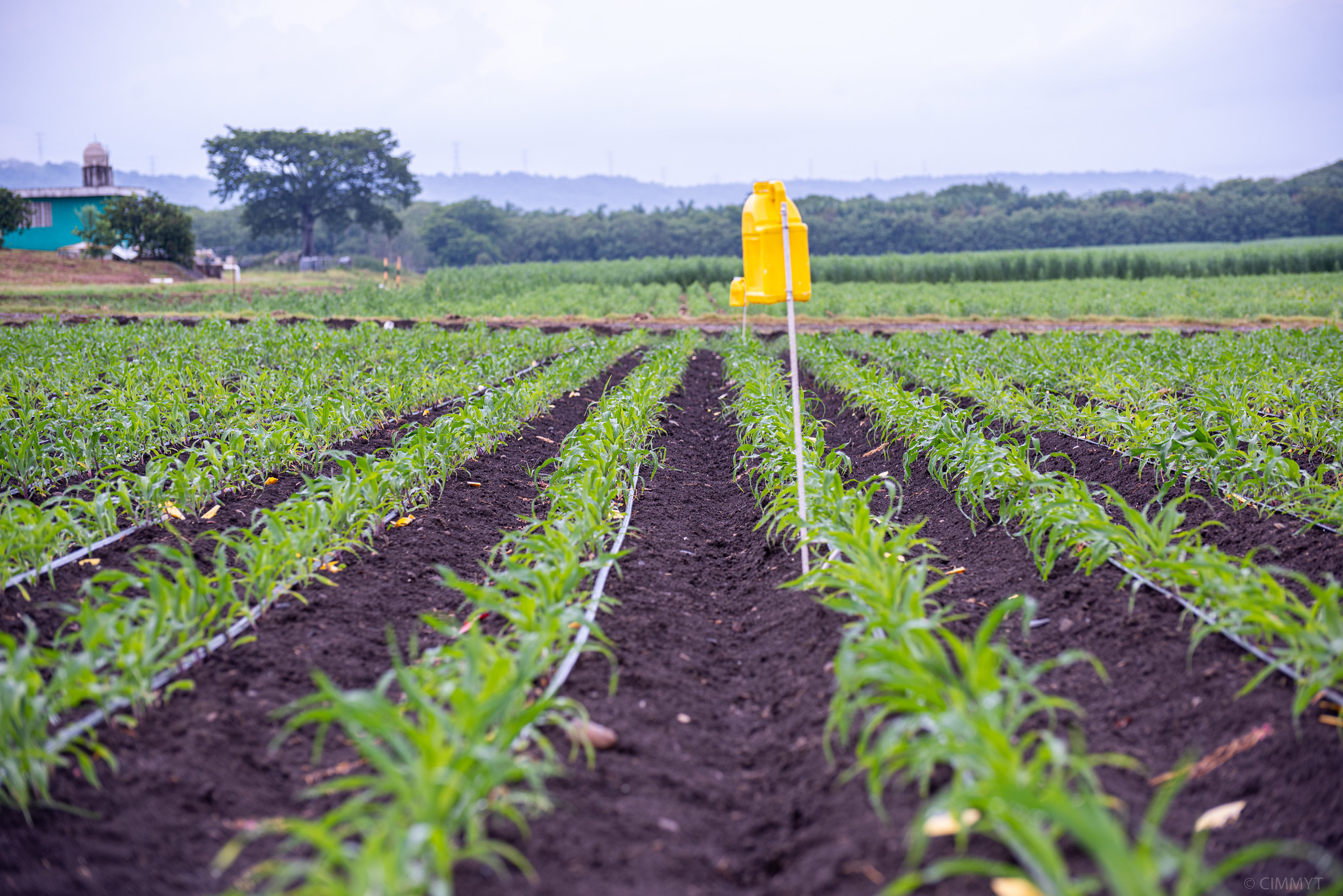
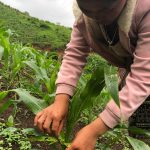
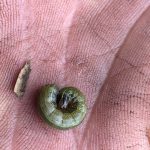
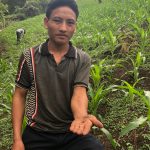
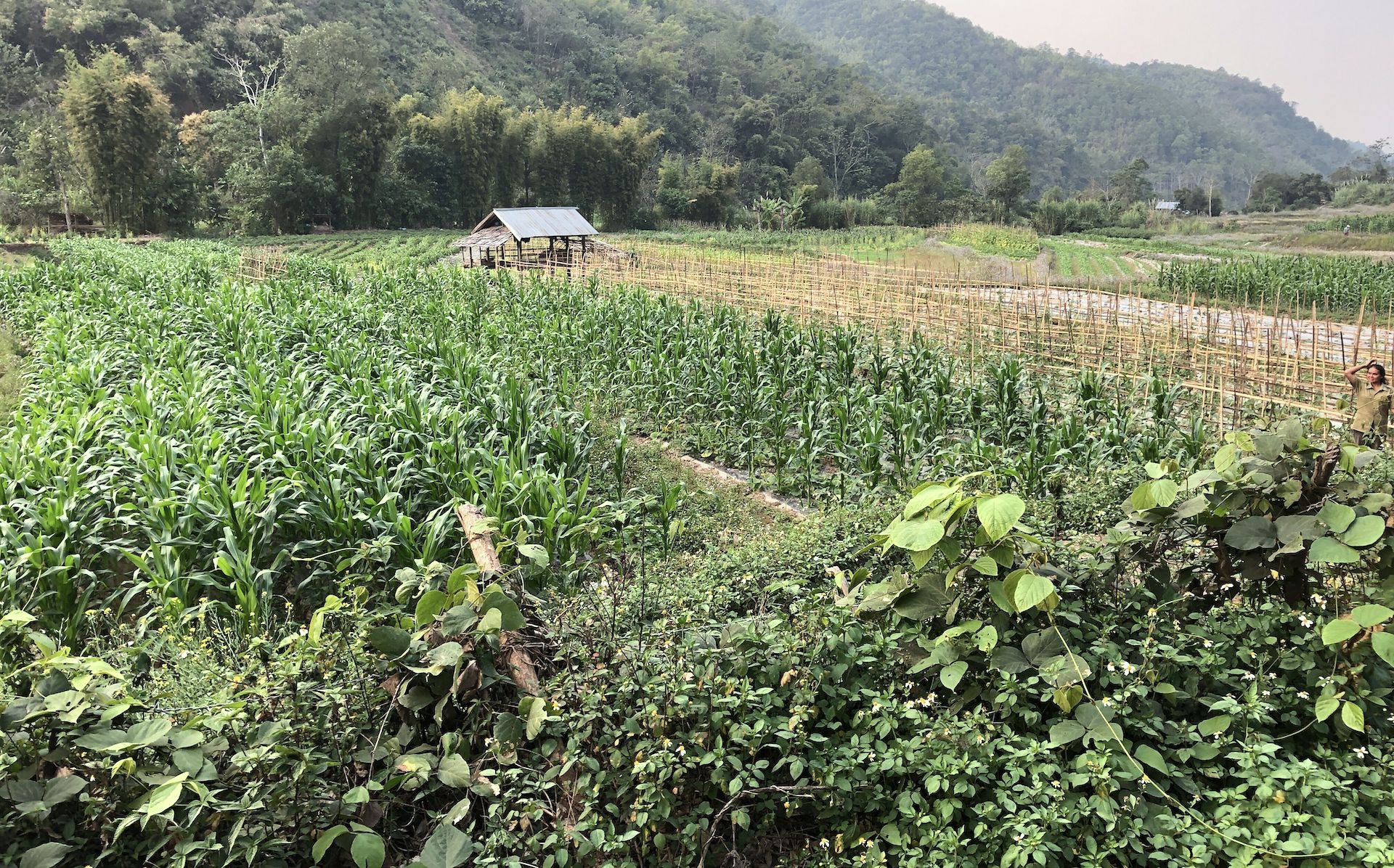
 Nutrition, health and food security
Nutrition, health and food security